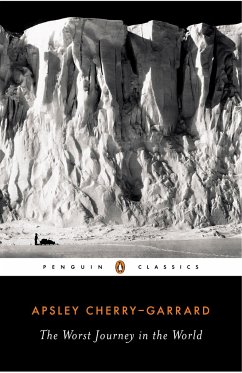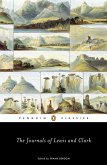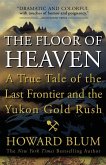Perhaps the greatest first-hand account of polar exploration. In his introduction to the harrowing story of the Scott expedition to the South Pole, Apsley Cherry-Garrard states that "Polar Exploration is at once the cleanest and most isolated way of having a bad time which has been devised." This is his gripping account of an expedition gone disastrously wrong. One of the youngest members of Scott's team, the author was later part of the rescue party that eventually found the frozen bodies of Scott and three men who had accompanied him on the final push to the Pole. Prior to this sad denouement, Cherry-Garrard's account is filled with details of scientific discovery and anecdotes of human resilience in a harsh environment, supported by diary excerpts and accounts from other explorers. Summing up the reasons for writing the book, Cherry-Garrard says: "To me, and perhaps to you, the interest in this story is the men, and it is the spirit of the men, "the response of the spirit," which is interesting rather than what they did or failed to do: except in a superficial sense, they never failed... It is a story about human minds with all kinds of ideas and questions involved, which stretch beyond the furthest horizons."








